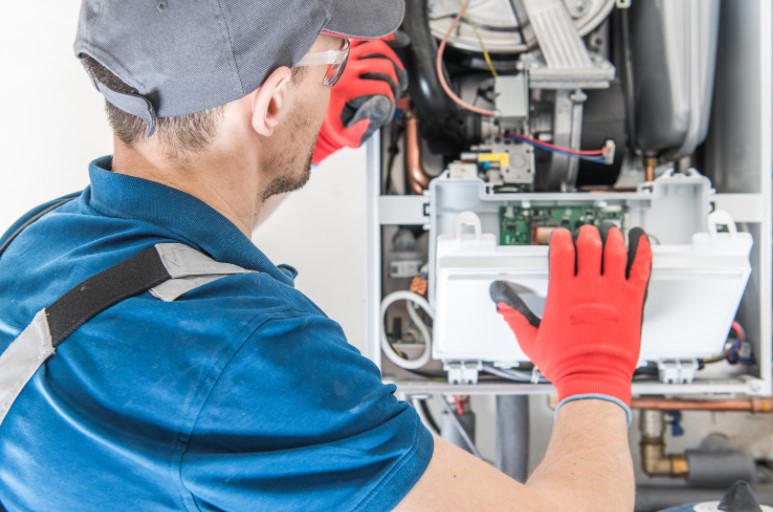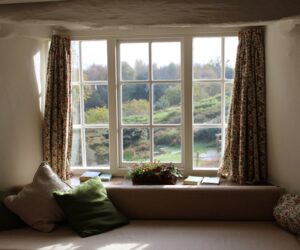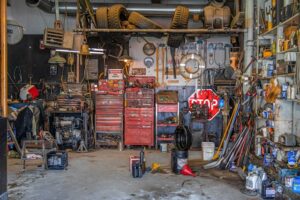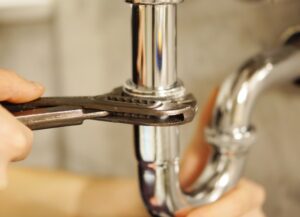
It’s that time of year again! The snow has melted, the days are getting longer, and winter is coming. While it is cold, winter is also when many heating accidents occur inside homes. Many people turn up the heat to combat the cold weather.
To help keep you and your loved ones safe this winter, you should take some extra precautions to stay safe this season. Here are a few tips for how to do just that:
Check your smoke detectors to make sure they are working
Smoke detectors can save lives, but that won’t be the case if they are not working. Not only that, actual fires may go undetected, and you may end up in a situation where there is too much smoke to see anything.
To make sure your smoke detectors are working correctly, conduct monthly testing. Test the batteries by pressing the test button and ensuring the alarm goes off. If it doesn’t, replace the battery right away. Also, inspect the smoke detector every six months to see any dust or dirt build-up. If there is, clean it off with a damp cloth.
Get a carbon monoxide detector and check it regularly
Carbon monoxide is an odorless, colorless gas that can be deadly. That’s why it is essential to have a carbon monoxide detector in your home. Carbon monoxide is released by faulty furnaces, gas water heaters, fireplaces, generators, and cars. Please test it out at least once a month to ensure your carbon monoxide detector is working correctly. Some ways to do that include pressing the TEST button or using a special device that tests for specific chemicals in the air.
Don’t forget to clean dirt and debris from your vents once a year
If your heating system is located inside an apartment building, it is crucial to make sure you and your neighbors stay safe. If there is a heating system in the basement or room that everyone shares, you should inspect it once a year for any obstructions or problems.
If anything has fallen into the venting system, pull out all of the furniture and clear away any dirt and debris so you can clean it out. Then, test the heating system to make sure it is working correctly.
Your building should have a professional company that handles heating, cleaning, and repair services. If not, you should recommend one to your building super or association.
Keep any combustible items away from heaters.
Furniture, clothing, paper products, etc., should not be placed too close to any heaters. This is because all of these items can easily catch on fire. If you are using a space heater, make sure it is safe and that nothing can fall on it or block the vent. Be especially careful if you have children or pets in the house.
Never leave children or pets unattended around the heater while asleep
It is important to remember that children and pets can easily be injured or burned by a heater. So, never leave them unattended around the heater, especially if they sleep. If you have to leave your child or pet alone in the room with the heater, make sure it is turned off and unplugged.
Don’t use your stove or oven for heat.
Using your stove or oven to heat your home is not safe. Not only can it cause a fire, but it can also increase your utility bills. If you are cold, put on a sweater or use a blanket. It will be cheaper and safer than using your stove or oven for heat. To keep heat inside the house, check for leaks and gaps around exterior doors and windows.
Keep the thermostat set to a comfortable temperature, not too high and low.
If you set the thermostat too low to save on energy costs, you could end up freezing. On the other hand, if you put it too high, your heater will constantly be running, increasing utility costs even more.
Set the thermostat to a comfortable temperature for you, and remember to turn it off when you are away from home or sleeping. It will keep the heater from constantly running and save energy and money.
If your heater starts making strange noises, emits smoke, or there’s an unusual smell, shut it off immediately. Also, don’t try to fix the heater yourself since it could cause further damage or injury.
If you have an electric heater, make sure it’s plugged correctly not to start a fire.
An electric heater can be a great way to stay warm, but only if used safely. Ensure the electric heater is plugged in correctly and that nothing can fall on it or block the vent. If you have any doubts about whether an electric heater is safe to use, unplug it and call a professional.
Never use a gasoline-powered generator to heat your home
A generator sounds like an excellent way to keep your heater running if the power goes out, but it is hazardous. Not only can generators create sparks that cause fires or explosions, but they are also poisonous because of fumes. So, never use a gasoline-powered generator inside your home or garage. Instead, could you take it to an open space outside.
These are just some of the essential heating safety tips to remember this winter. By following these tips, you can stay safe and warm all season long.




